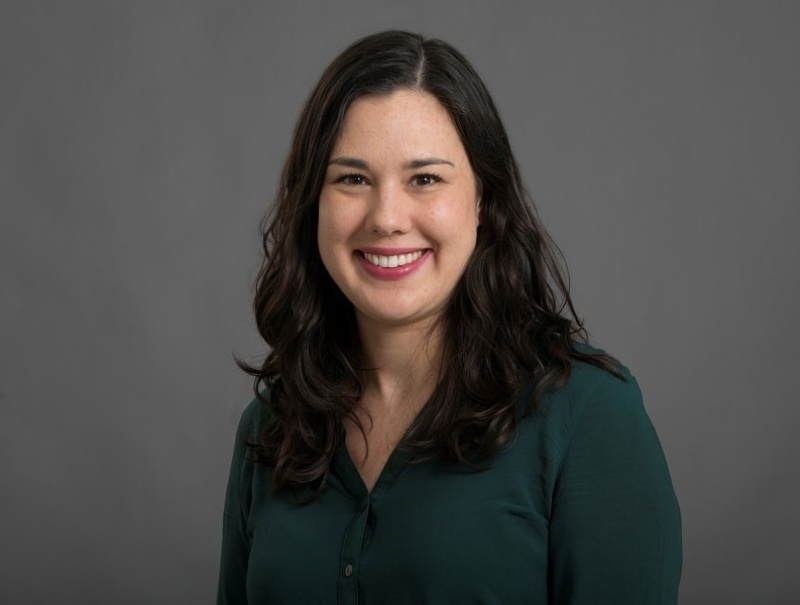Assistant Professor, Department of Psychiatry and Behavioral Sciences, Section of Community Behavioral Health

Rush Medical College
Assistant Professor, Department of Psychiatry and Behavioral Sciences, Section of Community Behavioral Health
Associate Director of Outpatient Psychotherapy & Co-Director of the Center for Women’s Behavioral and Mental Health
Conjoint Faculty, Department of Obstetrics and Gynecology
